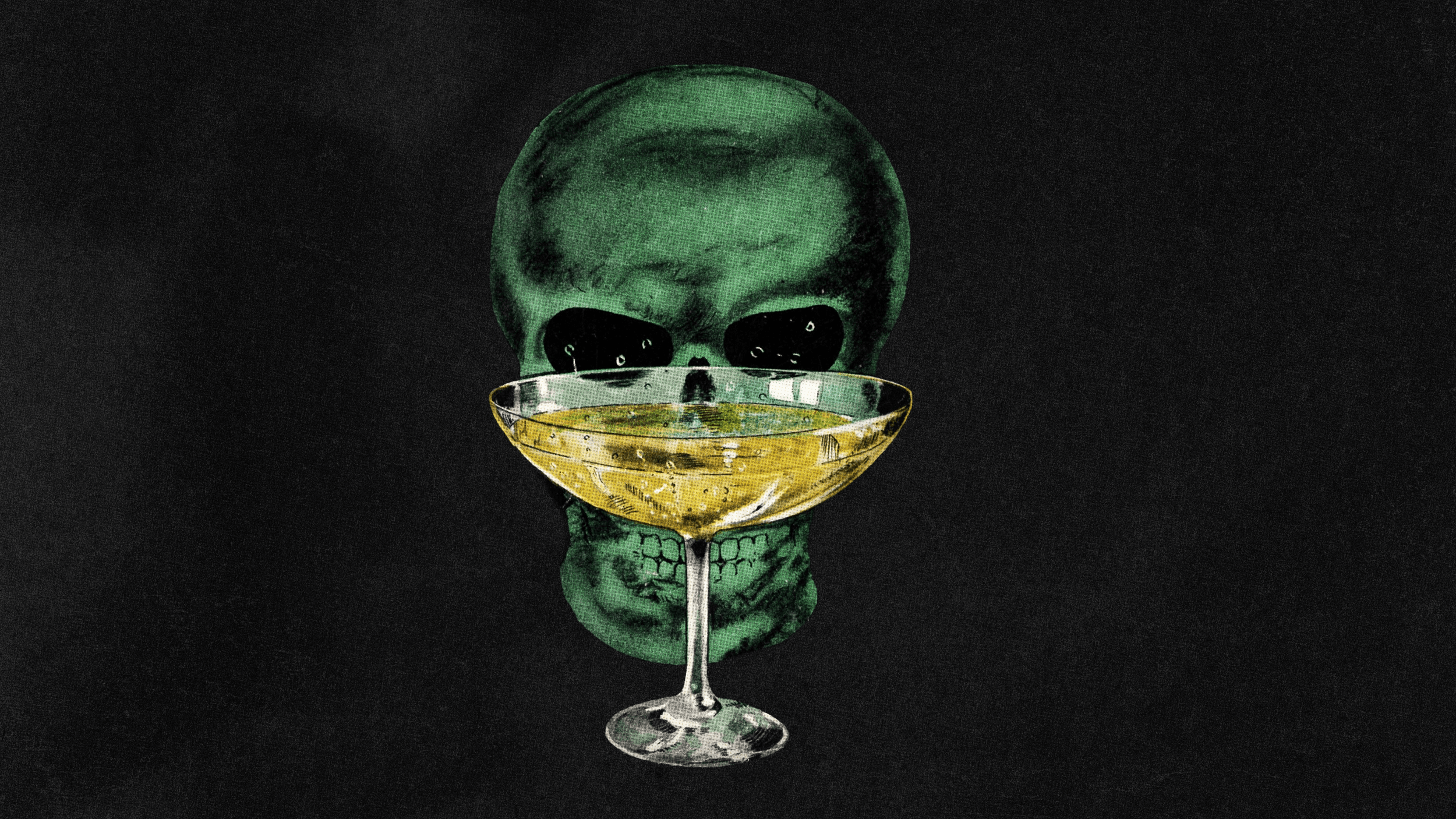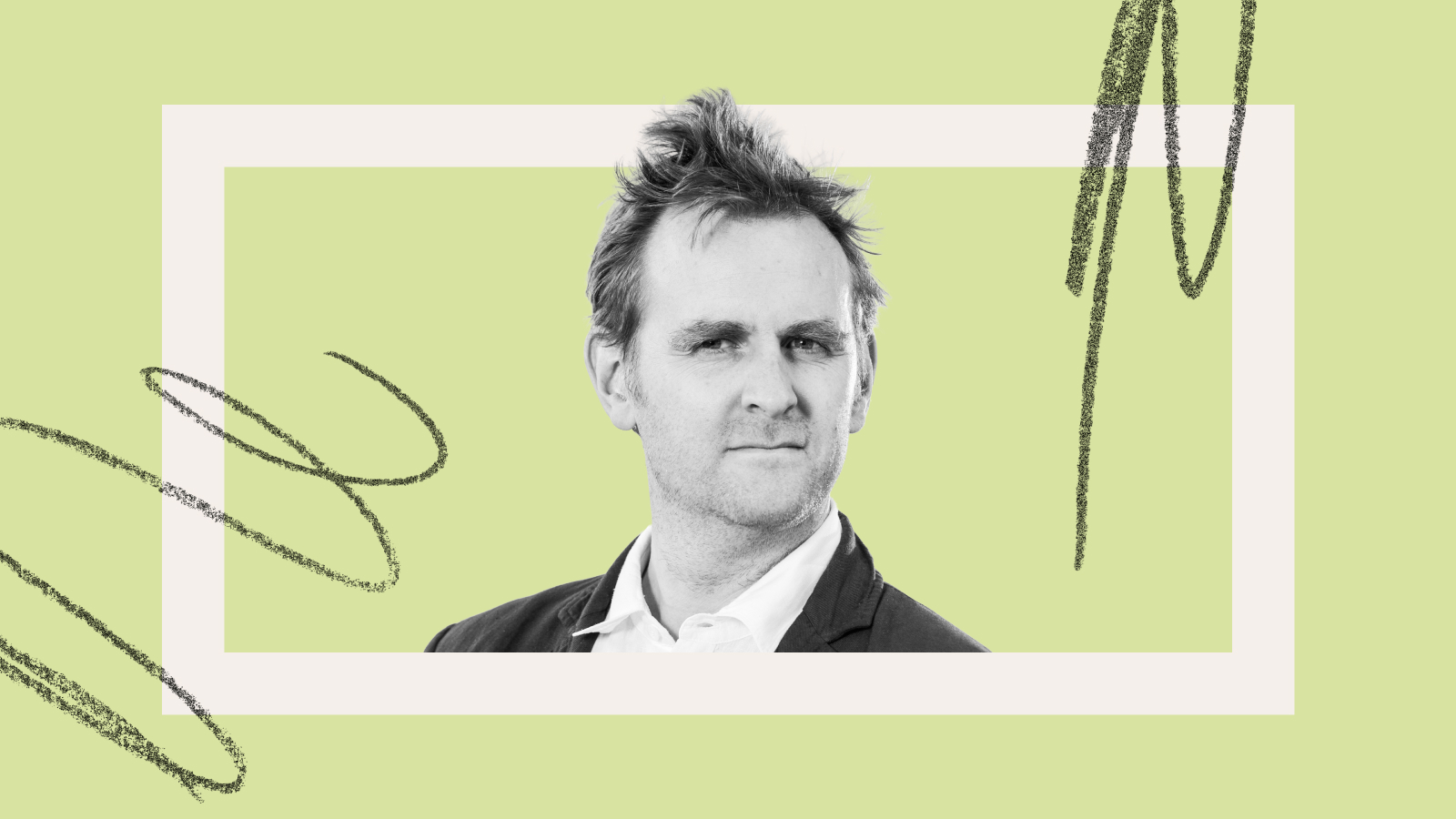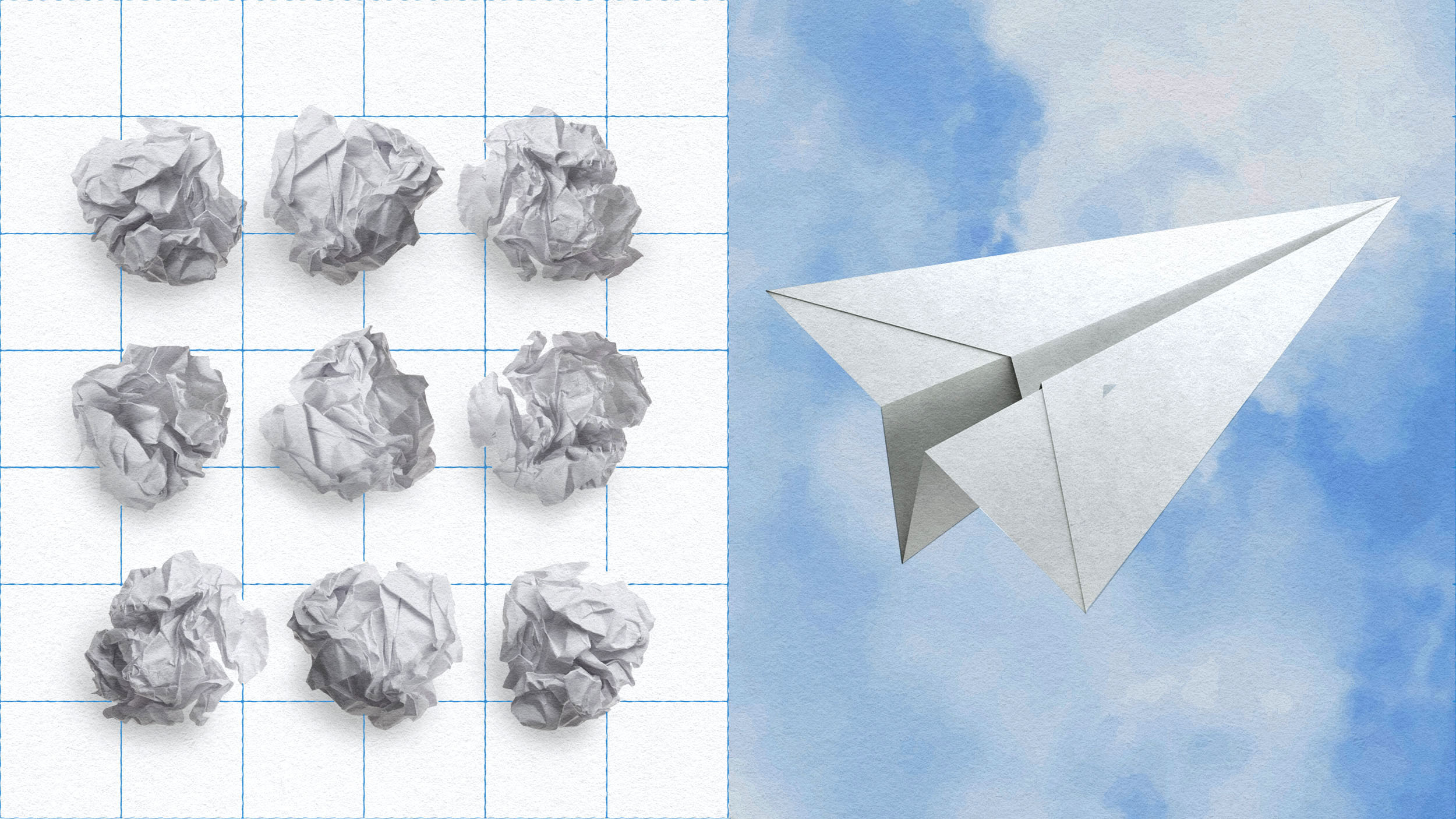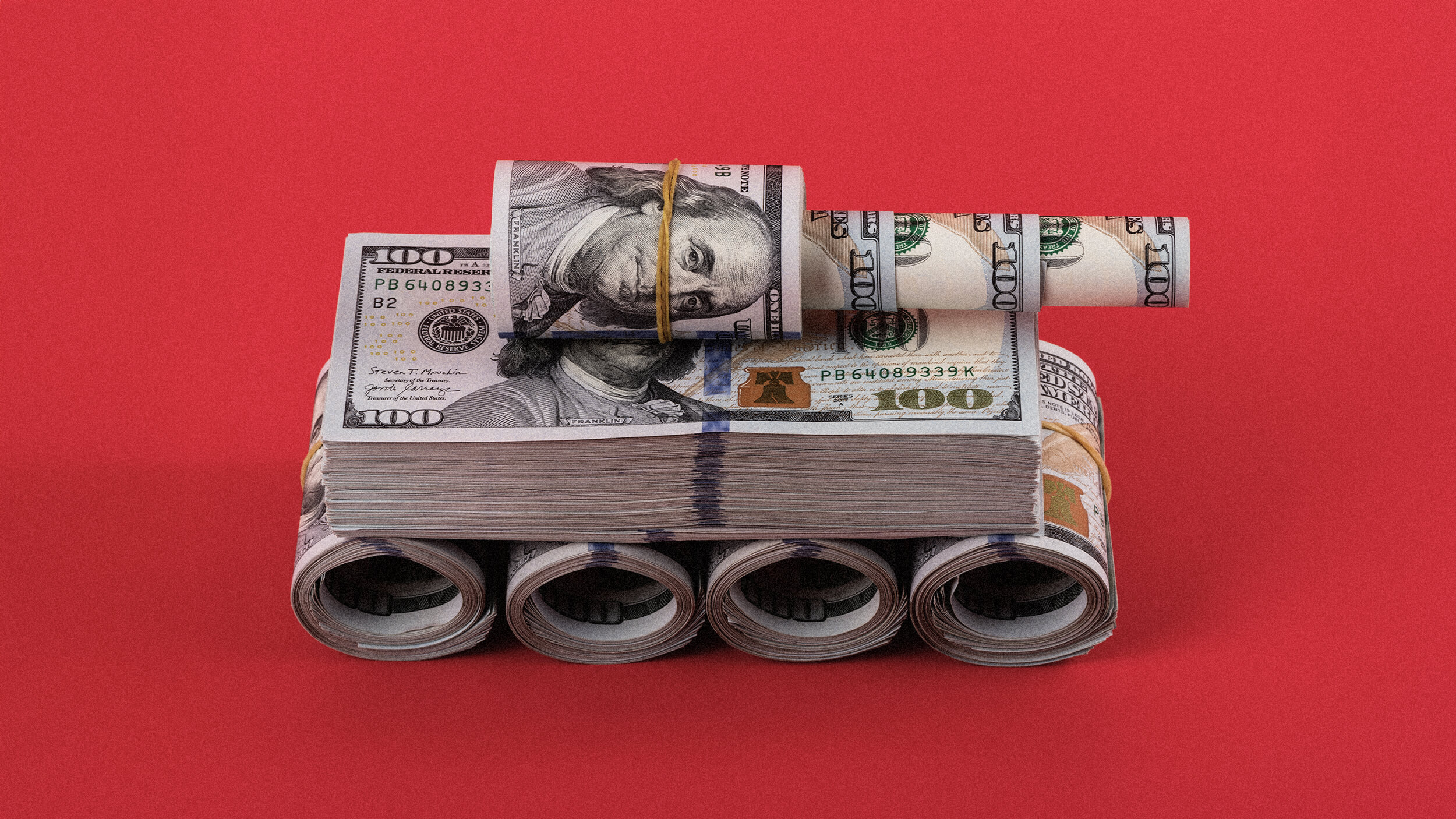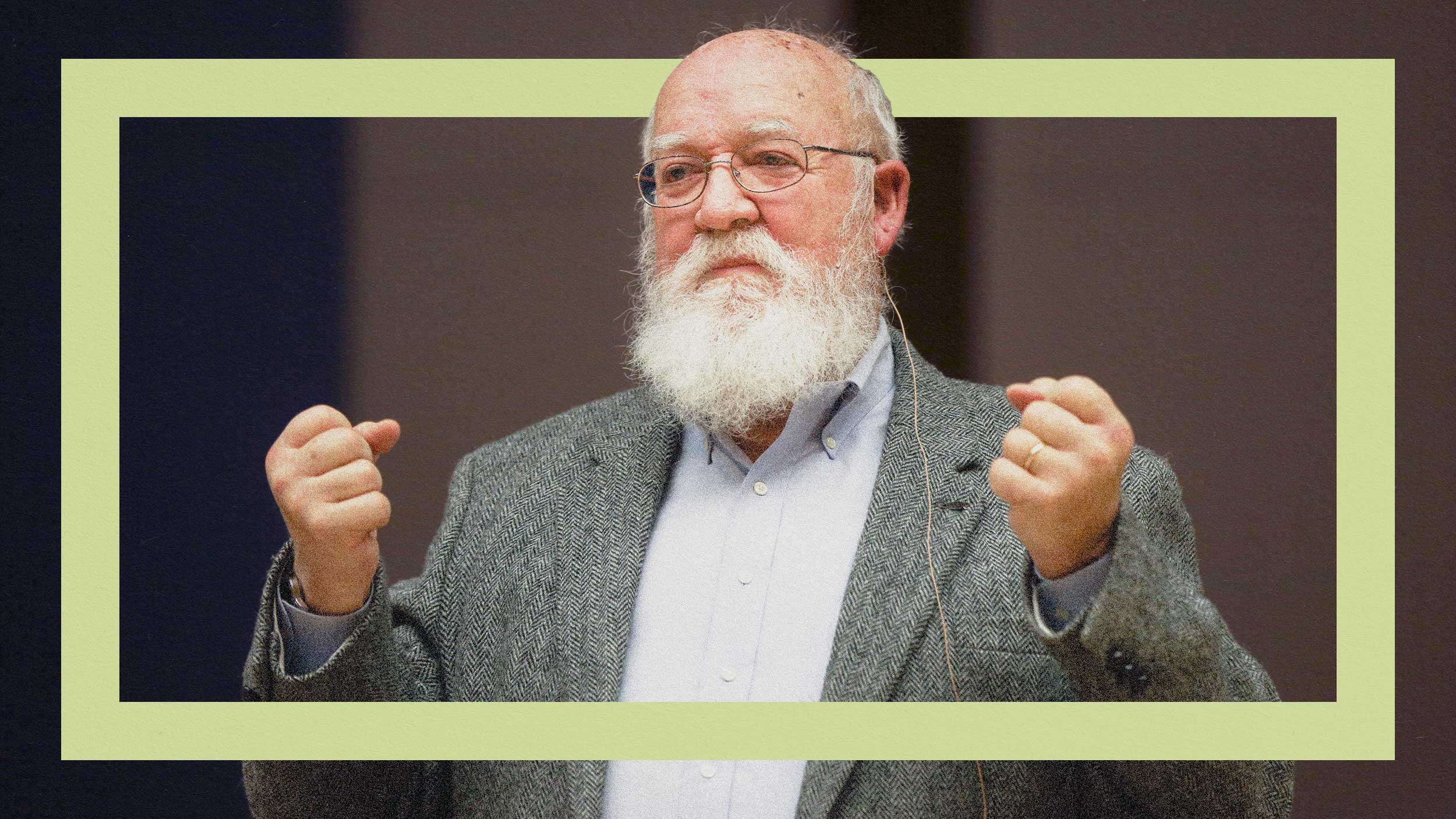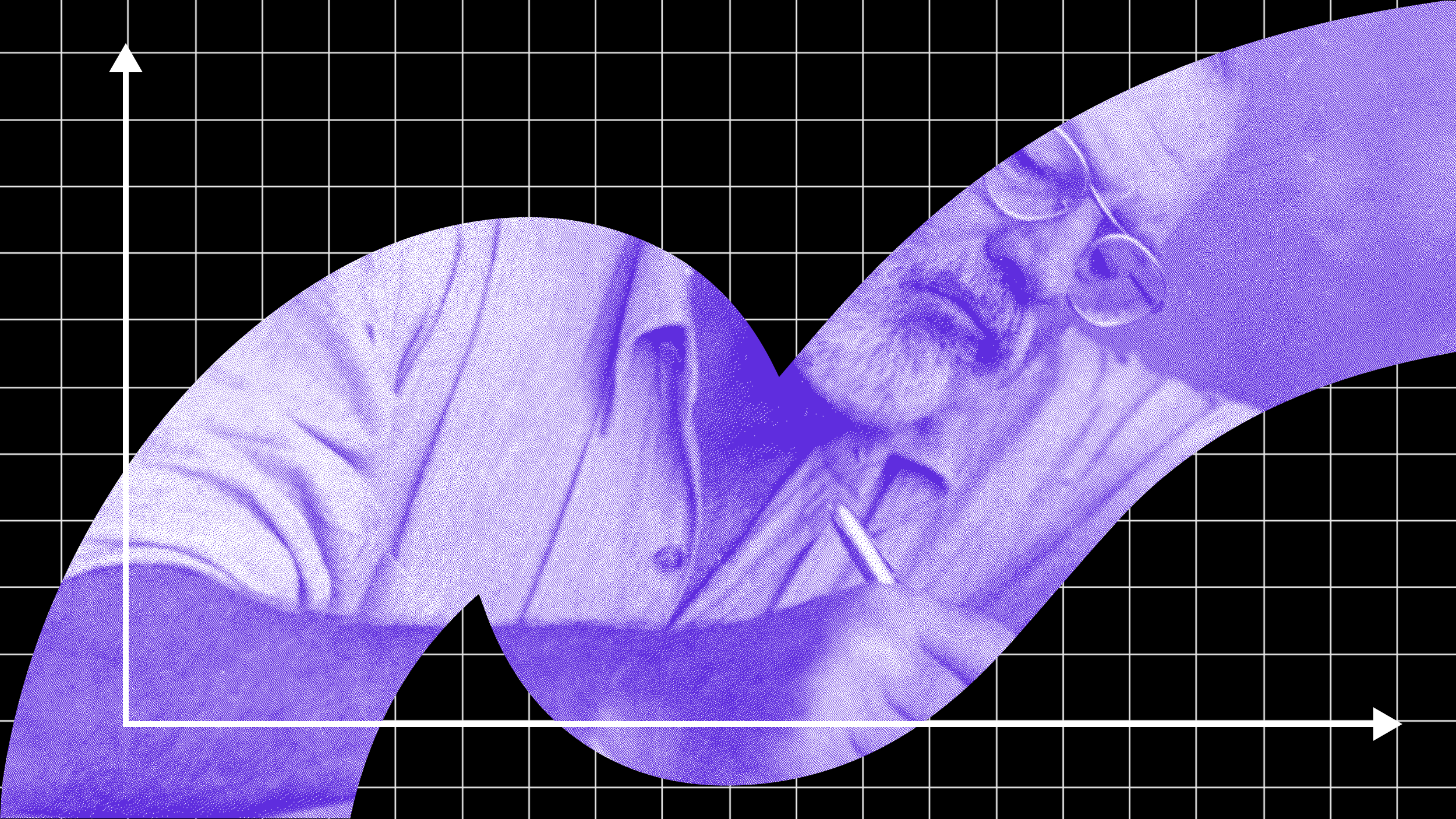Kevin Dickinson
Kevin Dickinson is a staff writer and columnist at Big Think. His writing focuses on the intersection between education, psychology, business, and science. He holds a master’s in English and writing, and his articles have appeared in Agenda, RealClearScience, and the Washington Post. Follow him on LinkedIn and Twitter @KevinRDickinson.

In “Dinner with King Tut,” Sam Kean examines how a burgeoning field is recreating ancient tasks to uncover historical truths.
Kathryn Harkup, chemist and author of V Is for Venom, joins Big Think to discuss why Christie isn’t just a brilliant writer but a unique science communicator.
With “Karla’s Choice,” Nick Harkaway had an impossible mission: maintain his father’s legacy while staying true to his voice.
The Gospels aren’t historical biographies but genre-defining works that blend myth, theology, and a promise of hope.
Experts and Big Think writers recommend their favorite reads for diving deeper into the history and perspectives found in the Book of Books.
“It is natural to want to avoid failure. But when we avoid failure, we also avoid discovery and accomplishment.”
A thesaurus isn’t for finding fancy words; it’s a resource to help you keep your rhythm.
In “Enough Is Enuf,” Gabe Henry traces the history of simplified spelling movements and the lessons they teach us about language.
By weaponizing the global economy, the U.S. initiated a new era of economic warfare and transformed how major powers compete.
Ethan Kross, psychologist and author of “Shift,” explains how negative emotions help us live safely and well.
Performance psychology reveals the mental techniques elite athletes use to build and maintain their confidence.
Sunita Sah hopes that by redefining defiance, we can build societies that allow people to live more authentic lives.
Caitlin Rivers wants to tell the story of epidemiology and the public health heroes who keep the world safe and healthy.
The cognitive scientist argues the current AI environment is failing us as consumers and a society. But it’s not too late to change course.
Psychotherapist Israa Nasir explains how a “value-aligned life” can help us crush our goals — without being crushed by the need to accomplish more.
Off-the-shelf consumer technology is helping people pursue their interests — and advancing science at the same time.
From Einstein to Twain, Garson O’Toole investigates the truth behind your favorite — and often misattributed — quotes.
“The field is endless, but my life is limited, as are all of ours. But you do what you can with your time,” says CSO Mart Saarma.
The late philosopher suggested adding a couple of “Occam’s heuristics” to your critical thinking toolbox.
“I am free. It’s a lot of effort to be free from the prison that is in your mind, and the key is in your pocket.” – Edith Eva Eger
Man seeking meaningful relationship at the intersection of on-demand empathy and Rule 34.
To maintain momentum and flow, the great novelist Ernest Hemingway didn’t burn himself out — but learned when to put his work down.
It’s a problem on both sides of the political divide.
The digital world will always entail risks for teens, but that doesn’t mean parents aren’t without recourse.
Stanford psychologist Jamil Zaki discusses the dangers of cynicism and how skepticism can invigorate our relationships and communities.
A simple semantic device — invented by a forgotten senator — can help us break “the curse of knowledge.”
What are we supposed to do when experts look at the same data yet reach starkly different conclusions?
Hindsight can cloud our predictive abilities but big data can de-mist forecasting — now AI is sharpening that focus.
After almost a century in print, “How to Win Friends and Influence People” still has lessons to teach us.
Four startup founders explain how to derive lessons from the past while still looking ahead to what’s possible.

